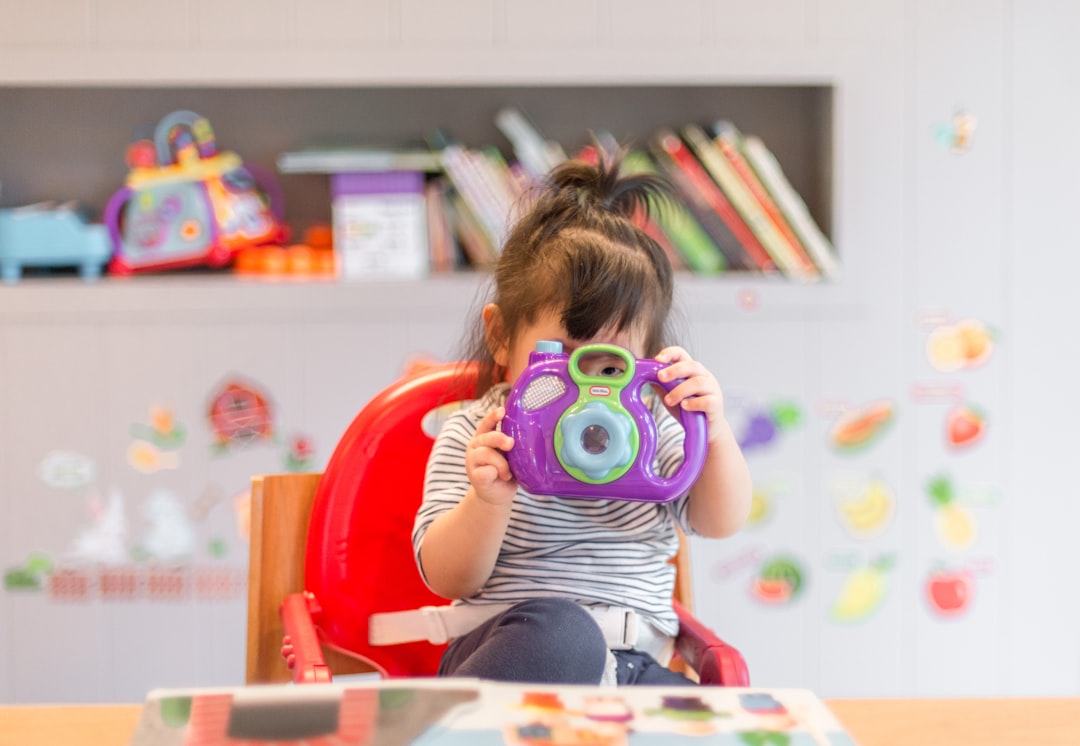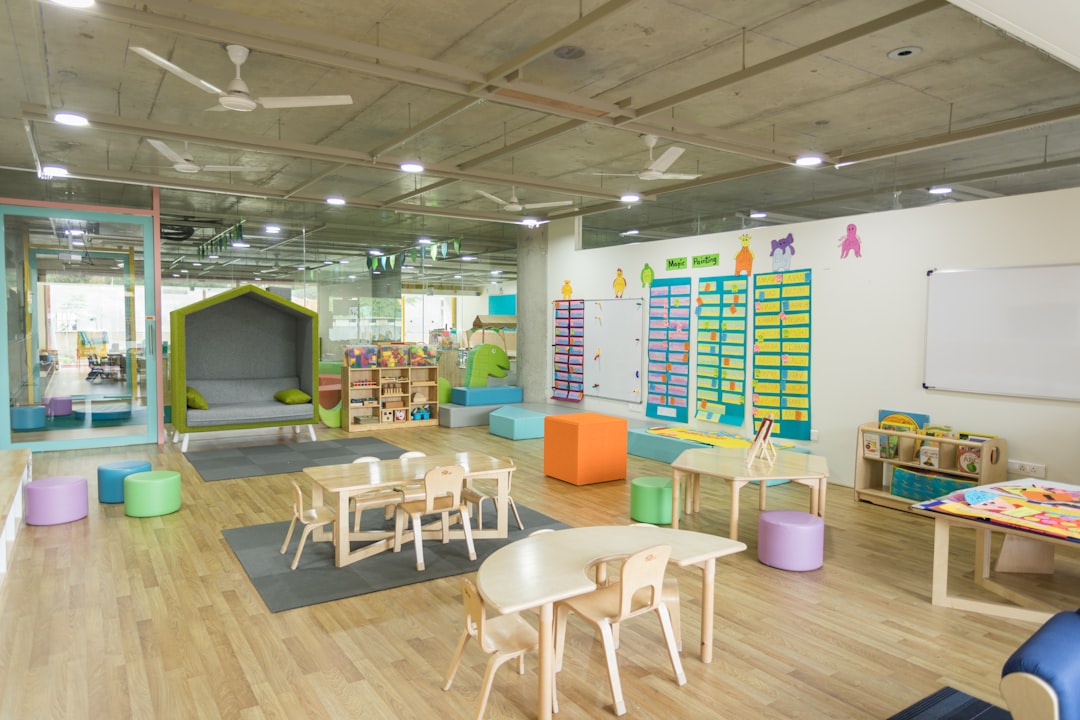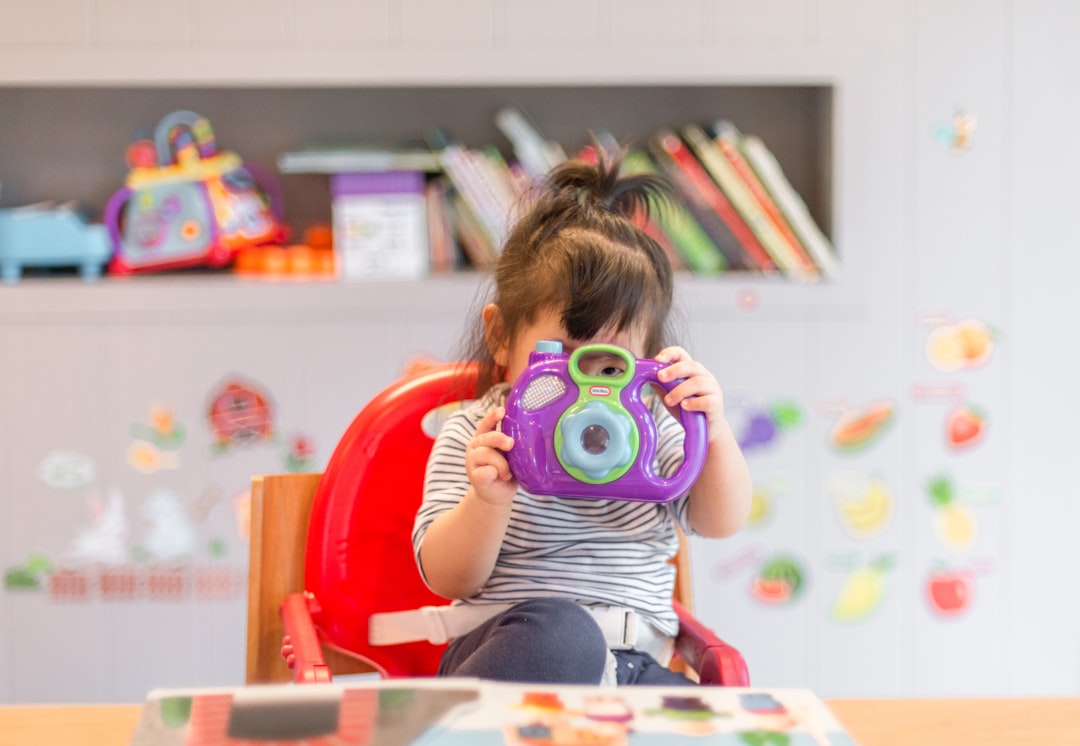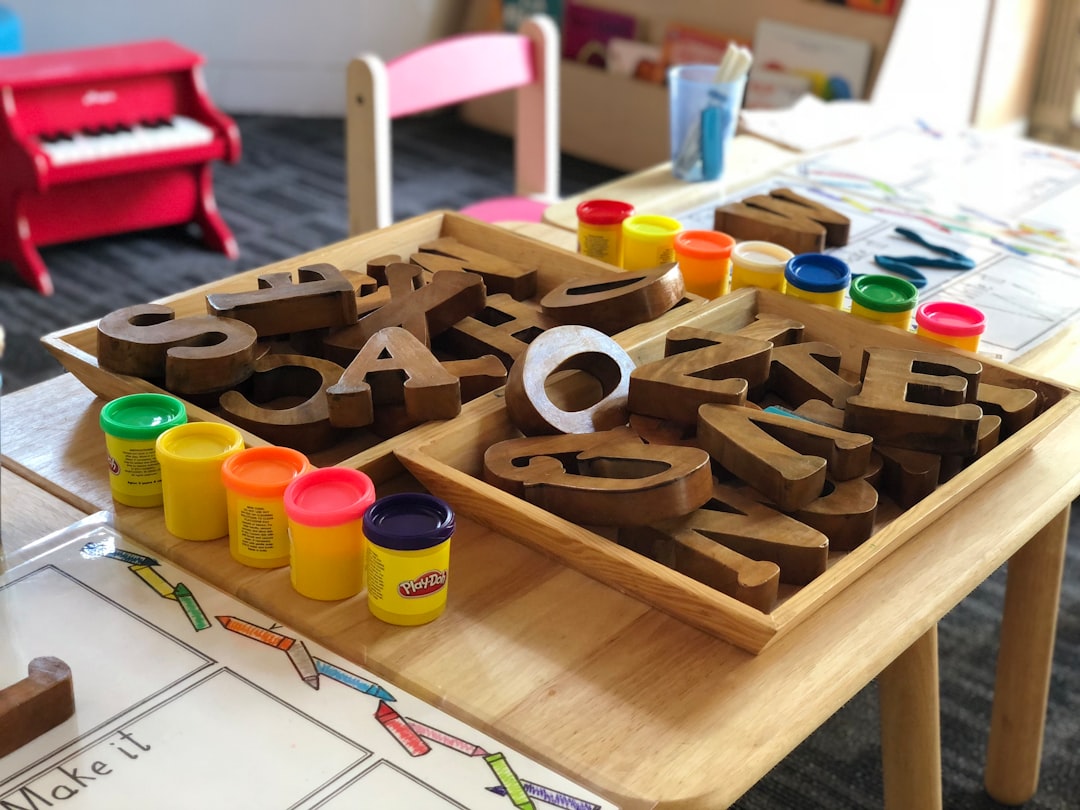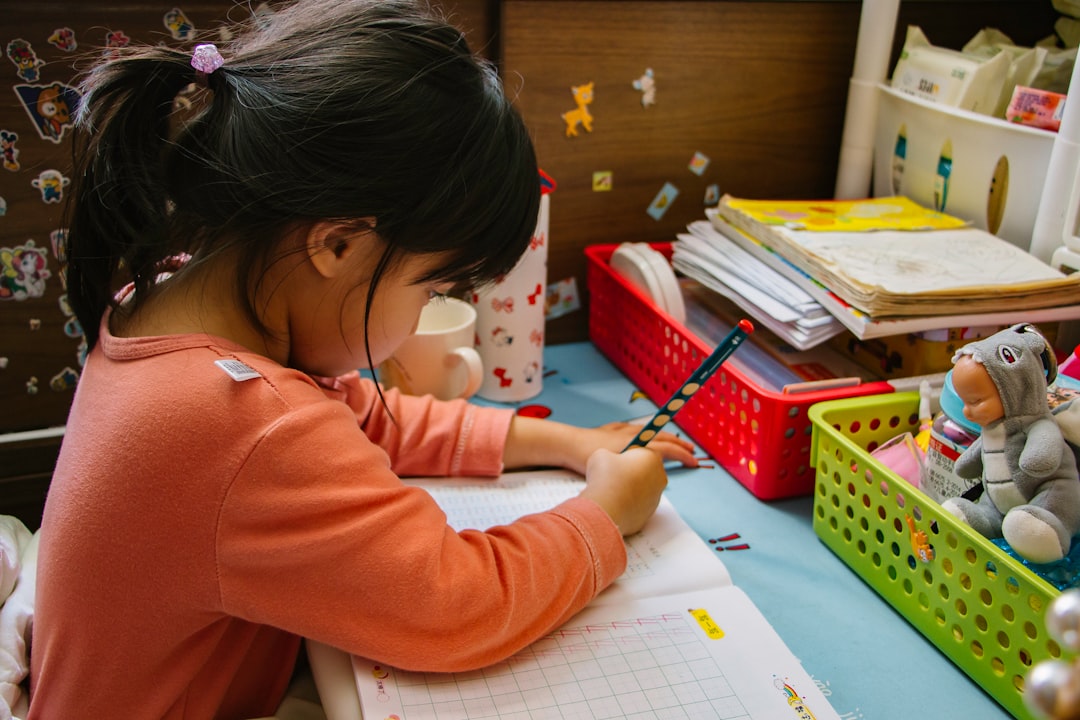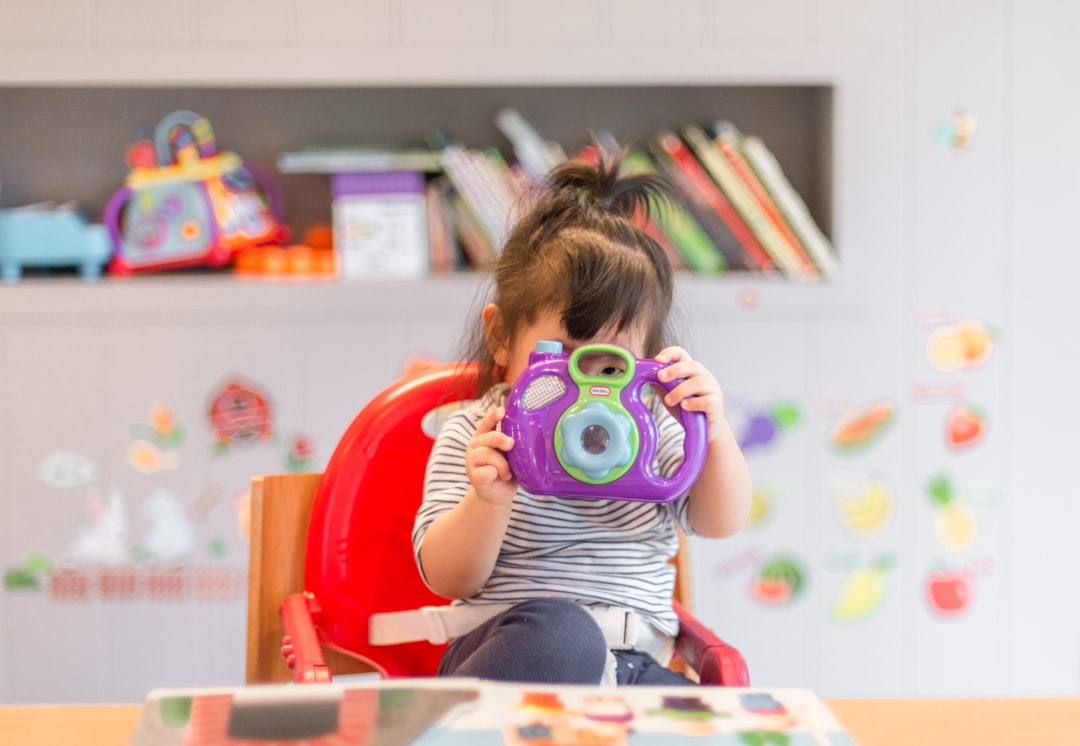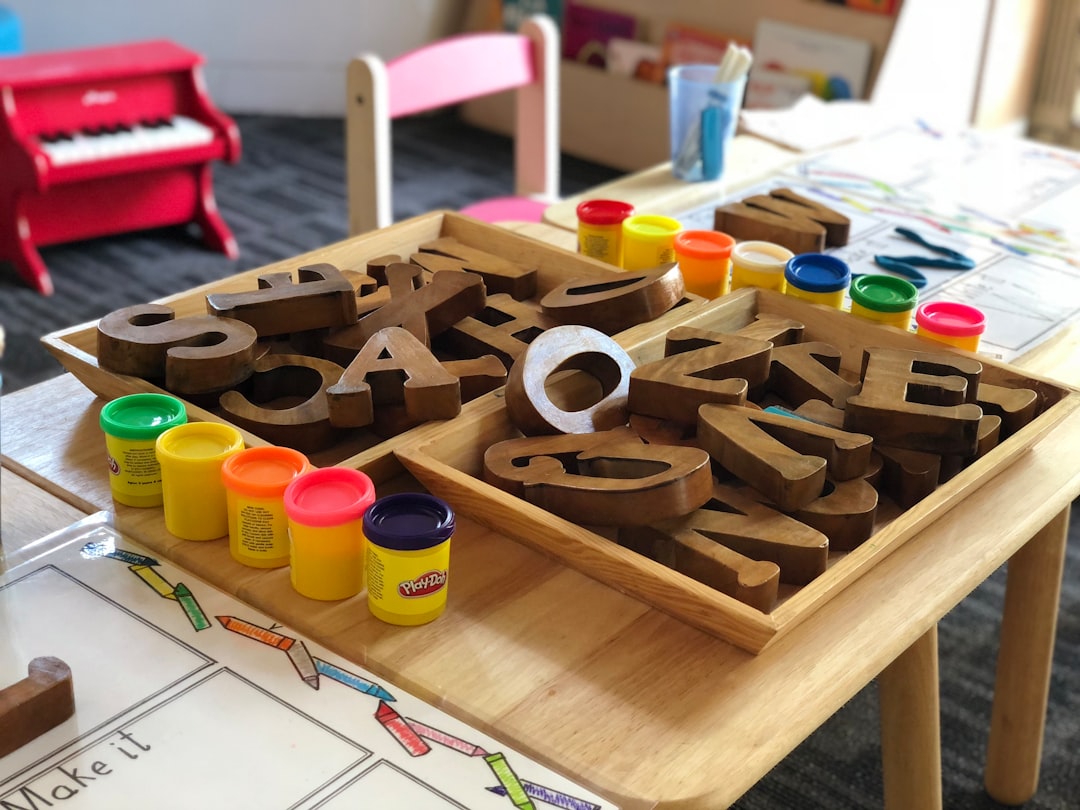“In Atlanta, where families trust childcare providers to nurture their little ones, the occurrence of daycare abuse and neglect is a pressing concern. Understanding these issues and knowing your legal rights is crucial. This article guides parents through the complex landscape of daycare abuse, highlighting the vital role a dedicated daycare abuse lawyer in Atlanta, GA, can play. From recognizing common types of abuse to navigating the legal process and available resources, it’s our goal to empower you.”
Understanding Daycare Abuse and Neglect in Atlanta
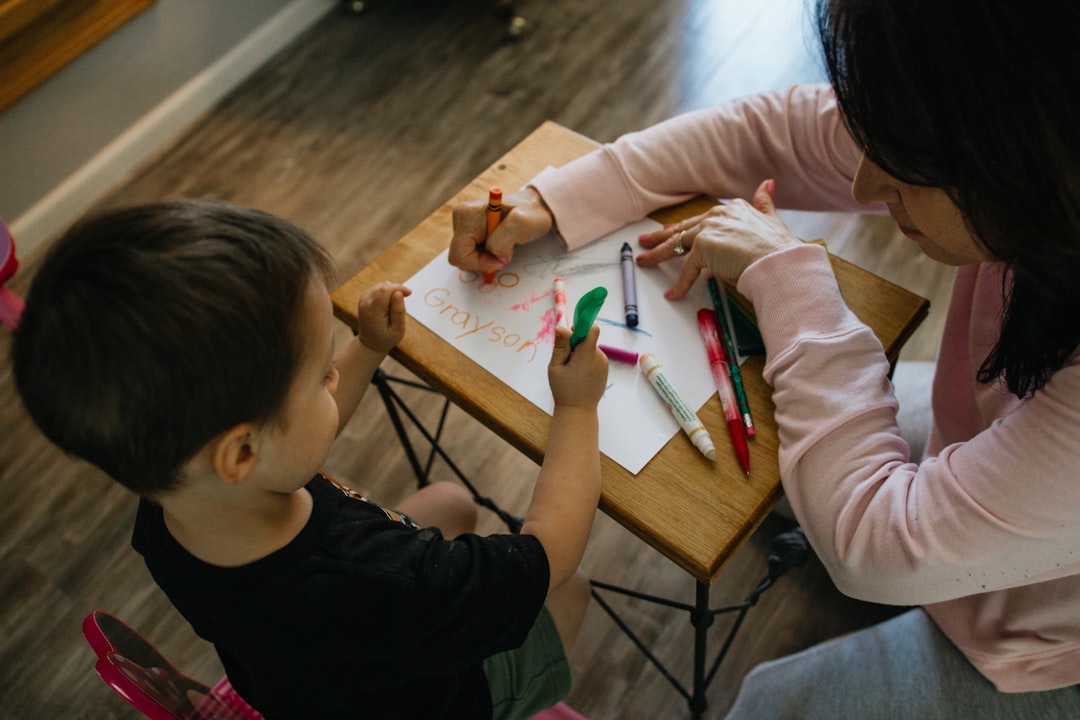
Daycare abuse and neglect are serious issues that can have profound effects on young children in Atlanta, Georgia. As parents trust caregivers with their children’s well-being during each day, it is devastating when this trust is betrayed. Daycare abuse lawyer Atlanta GA professionals are equipped to handle cases involving physical harm, emotional abuse, sexual misconduct, and failure to provide basic needs, such as food, water, or medical attention. These incidents can range from a single incident of mistreatment to ongoing patterns of neglect over an extended period.
Atlanta’s diverse community includes numerous daycare centers catering to various cultural and socio-economic backgrounds. While many facilities prioritize children’s safety and well-being, some may fall short in their duties, leading to tragic consequences. A dedicated daycare abuse lawyer Atlanta GA can offer legal counsel, advocate for victims’ rights, and guide parents through the complex legal process of seeking justice and compensation. Their expertise ensures that affected families receive the support they need during this challenging time.
The Role of a Dedicated Daycare Abuse Lawyer
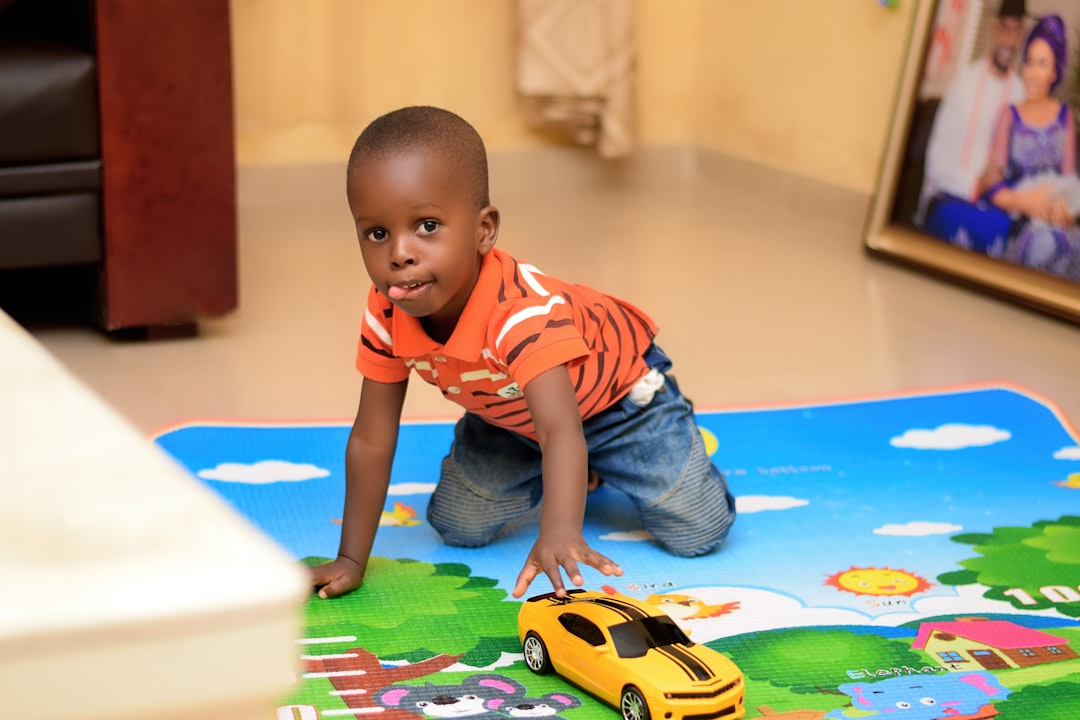
When a parent suspects or experiences daycare abuse in Atlanta, GA, having a dedicated and experienced lawyer can be invaluable. A daycare abuse lawyer specializes in navigating complex legal systems to ensure justice for victims and their families. They play a crucial role in protecting the rights of children who cannot speak for themselves and holding negligent or abusive caregivers accountable under the law.
These attorneys possess an in-depth understanding of child welfare laws, regulatory standards, and institutional policies related to daycare facilities. They meticulously gather evidence, interview witnesses, and construct robust legal arguments to build strong cases. By doing so, they empower families to take legal action, seek compensation for damages incurred, and work towards preventing similar instances of abuse within the daycare community in Atlanta and beyond.
Common Types of Daycare Abuse Cases
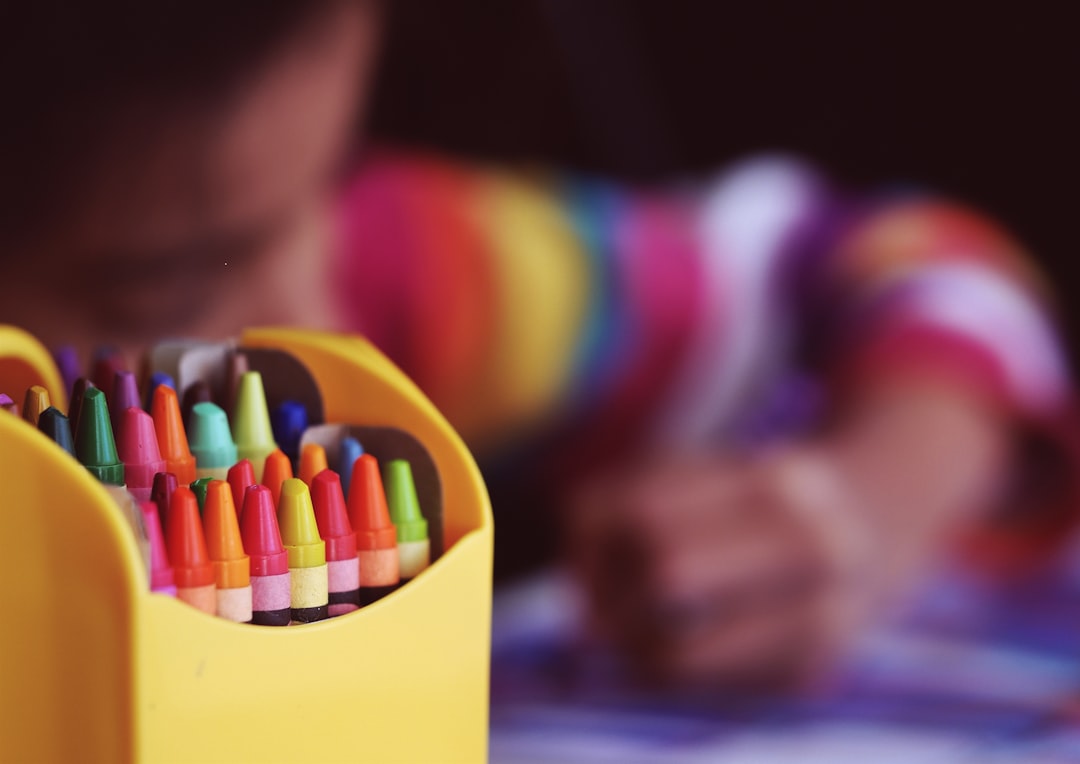
In the context of childcare, abuse can take many forms, and it’s essential to be aware of these common types when considering legal action. Many daycare abuse cases in Atlanta, GA, involve physical harm, such as bruising, fractures, or burns, often caused by rough handling or neglect. These incidents can range from minor injuries to severe trauma and are typically reported by parents or caregivers who notice unexpected marks or changes in a child’s behavior.
Emotional and psychological abuse is another prevalent issue. This includes instances where caregivers use belittling language, humiliation, isolation, or fear as a means of control. Such behaviors can have long-lasting effects on a child’s mental health and well-being. Additionally, neglect, characterized by the consistent failure to meet a child’s basic physical, emotional, or medical needs, is a serious concern in daycare settings. A dedicated Atlanta daycare abuse lawyer can help victims and their families navigate these complex cases and seek justice for the harm caused.
Legal Process for Filing a Lawsuit Against Daycares
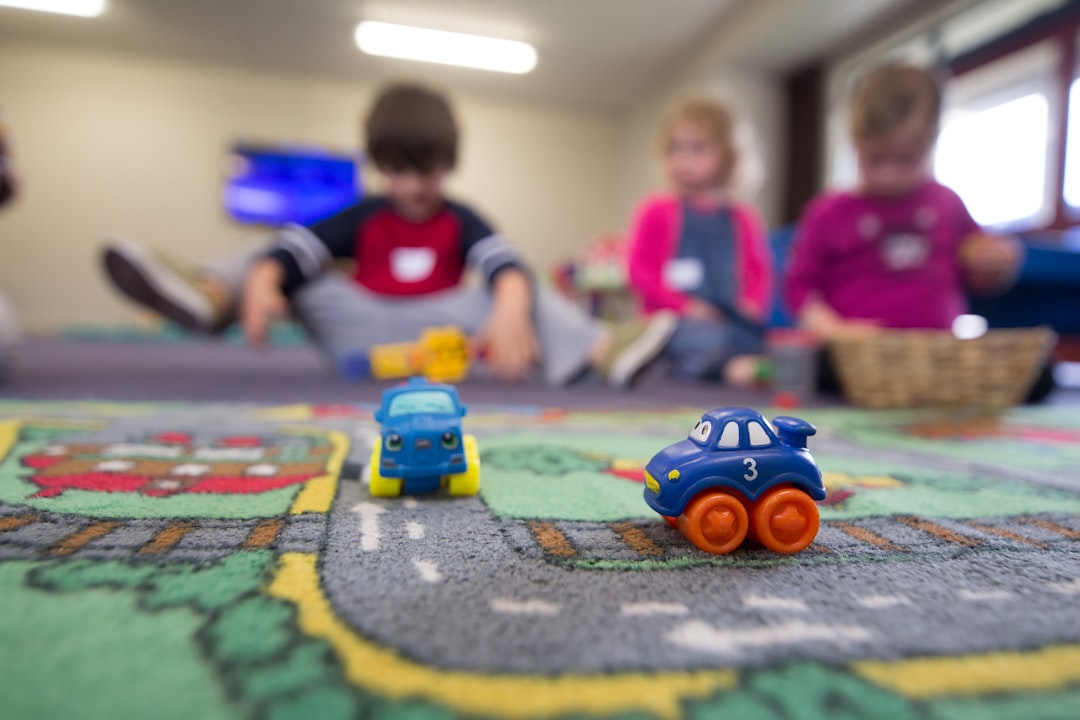
When considering legal action against a daycare for abuse or negligence, it’s crucial to understand the process. The first step is to gather evidence and consult with an experienced Atlanta daycare abuse lawyer who can guide you through the legal landscape. This may involve collecting medical records, witness statements, and any relevant security footage or documents that support your case. Your attorney will then assess the strength of your claims and advise you on the best course of action, which could include mediation, settlement negotiations, or filing a lawsuit.
In Atlanta GA, the legal process typically begins with filing a complaint against the daycare facility in the appropriate court. The complaint outlines the allegations and seeks damages for any harm suffered by the child. Once filed, the daycare will be served with the documents, and they have a set period to respond, often denying the allegations or raising defenses. From there, discovery proceedings begin, where both parties exchange information and evidence relevant to the case. This can include depositions, requests for admissions, and interrogatories. If negotiations fail or the case proceeds to trial, a judge or jury will ultimately decide the outcome based on the presented evidence.
Resources and Support for Victims of Daycare Abuse

For victims of daycare abuse, navigating the legal system can be a daunting task, especially in an environment as complex as Atlanta, Georgia. The first step is to connect with a reputable daycare abuse lawyer who specializes in these cases. These legal professionals are equipped to provide not just legal representation but also resources and support tailored to the unique needs of their clients. They understand the emotional toll that such experiences can take and work diligently to ensure their clients receive justice while fostering a safe, nurturing environment for children.
In addition to legal assistance, there are various support systems available for victims. Local community organizations, non-profit groups, and government agencies often offer counseling services, financial aid, and advocacy programs dedicated to helping families affected by daycare abuse. These resources can provide much-needed comfort and guidance during what is undoubtedly a challenging period. Connecting with both legal representatives and support networks can empower victims and their families to take the necessary steps towards healing and recovery in the wake of such traumatic experiences.
